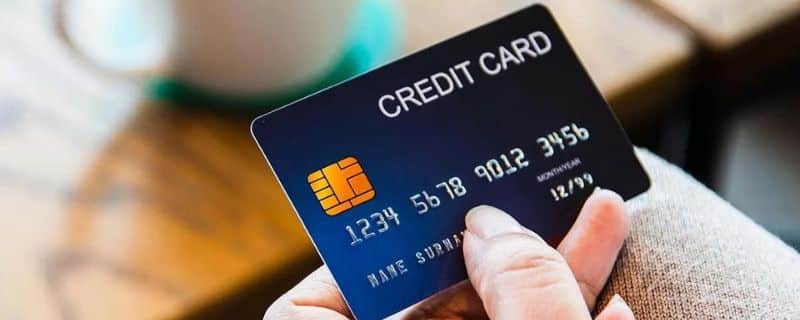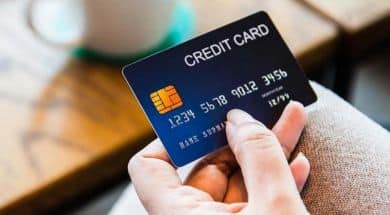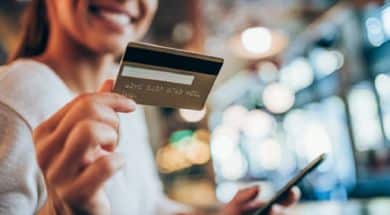Introduction
Credit cards, which provide ease and flexibility for tracking spending, have become a vital and secure component of our financial life. However, if you skip using your credit card? In this article, we’ll examine the effects of not using your credit card, particularly for those just starting out in the field of credit, and provide some insightful advice to our Indian users.

Importance of Credit Card Activity
Your credit card is not just a physical item; it holds monetary worth. It is a type of financing that will significantly influence your financial condition in the future. If you do not use your credit card, you may face penalties.
Impact on Credit Utilisation Ratio
Your credit utilization ratio displays how much of your available credit is presently being utilized. It’s crucial in calculating your credit score. If you do not use your card, your credit usage ratio remains low, potentially lowering your credit score.
Accumulation of Annual Fees
Numerous credit cards include annual fees that you must pay no matter how you use the card. These charges could happen if you don’t use your credit card, which would cost you money.
Lowering the Effects
Now that you are aware of the potential effects of not using your credit card, let’s talk about strategies for reducing these effects:
1. Occasional Small Purchases
You don’t have to use your credit card frequently for significant purchases. Occasionally making little purchases, such as for groceries or petrol for your car, will help keep your card active.
2. Set Up Auto-Pay
Consider setting up an auto-pay option for a recurring expense, such as your mobile phone bill or Netflix subscription. This ensures that your credit card gets used regularly without much effort on your part.
3. Monitor Your Statements
Even if you don’t use your credit card often, monitoring your monthly statements for any unauthorized charges or errors is essential. This proactive approach helps you catch any issues early.
4. Understand Your Card’s Terms
Each credit card has its terms and conditions. Some cards may close after extended periods of inactivity, while others may continue to exist without any activity. Be aware of your card’s specific terms to avoid unexpected closures.
5. Maintain a Low Balance
Consider keeping your credit card balance low if you’re worried about your credit use ratio. This implies that you won’t spend the majority of your available credit, which will raise your credit score.
Also Read: How to Calculate Credit Card Interest?
Conclusion
You shouldn’t leave your credit card unused. Even while you might not use it often, utilizing it sometimes might help you prevent issues like a decline in your credit score, excessive credit use, and annual fees.
Remember that using your credit card responsibly can help you access better loan conditions and greater credit limits in the future. Credit cards are useful financial tools. Keep your credit card active, even if you only use it occasionally for modest purchases. You may reap the rewards of using credit cards responsibly while staying clear of any dangers by doing this.




